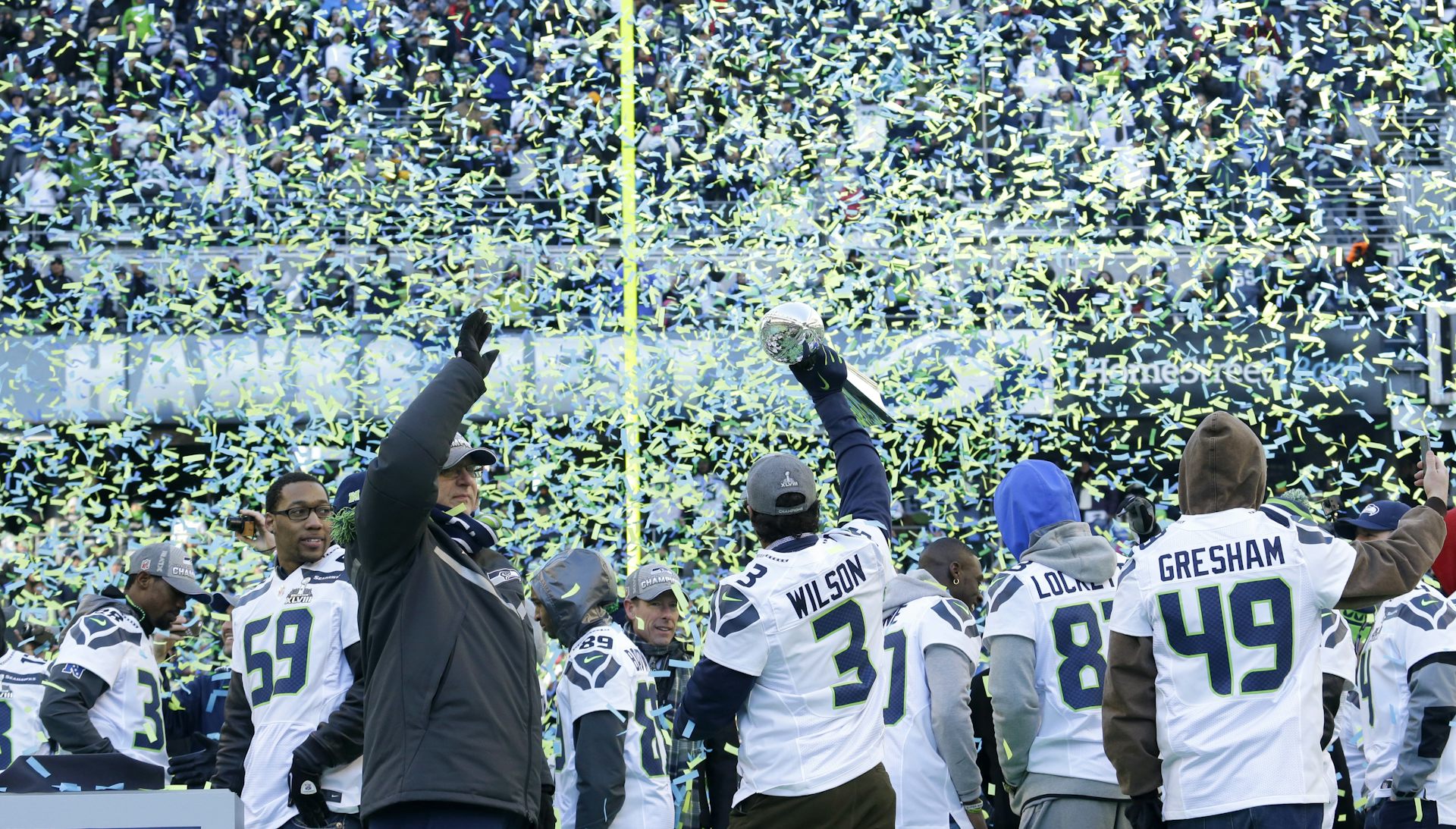Nebraskans who support and oppose 'religious freedom' laws actually share many of the same values
More than 1,000 Nebraskans were asked about laws that protect business owners who refuse to serve gays or lesbians. People on either side of the issue made appeals to rights, freedom and capitalism.

Religious freedom legislation highlights political division in the U.S., pitting conservative Christians against LGBTQ people and their allies.
As sociologists who study sexuality and conservative Christianity in the U.S., we decided to investigate whether and why people support or oppose these religious freedom laws with our co-author, Mathew Stange. Our study, forthcoming in Socius, asks specifically about laws that protect business owners who refuse to serve gays or lesbians. This is the focus of the ongoing Supreme Court case Masterpiece Cakeshop v. Colorado Civil Rights Commission. The case will decide the legality of a wedding cake baker’s refusal to make a cake for a same-sex couple.
In our recently published study of over a 1,000 Nebraskans, we found that a clear majority of respondents, 64 percent, oppose laws that allow business owners to deny services to gay men or lesbians based on religious beliefs. Our poll, like national ones, found that these laws do not reflect broad support.
Why, then, do these bills continue to pass in state legislatures if most Americans do not actually agree with them?
Based on our research, we argue that one factor is that people on both sides of the issue rely on appeals to the American values of rights, freedom and capitalism to justify their position.
Rights and equality
One shared rationale among respondents on both sides is the idea that Americans have a fundamental right to freely live their lives.
People who oppose religious freedom laws emphasized an individual’s right to be free from discrimination. Many drew parallels to discrimination on the basis of race, arguing, as one respondent did: “Businesses discriminating against LGBT people is no different than half a century ago when businesses discriminated against blacks. Supporting civil rights means everyone gets to sit at the lunch counter.”
On the other side, people who support religious freedom laws focused on the freedom and rights of business owners. Many referenced the slogan “No shirts, no shoes, no service,” indicating that business owners can refuse service for a number of reasons. Some supporters explicitly talked about religious freedom. One respondent said an “owner of business should be able to conduct business in accordance with his religious convictions – to be true to himself.”
We found that both sides stressed the importance of freedom and rights, but had different ideas about whose rights were most important.
The free market
Both sides also drew on the significance of the free market and capitalism. When justifying their opinions, people on both sides pointed to an economy of abundant choices and to businesses weighing the potential risks and rewards in terms of profit.
People who support religious freedom legislation believe that there are many businesses willing to serve gays and lesbians. One person explained, “The issue is not denial of service, it is exercise of conscience. The ‘services’ are readily available elsewhere.”
People who oppose religious freedom legislation emphasized that businesses should be concerned with profit above all else. They made statements like: “the idea of business is to make money. To refuse a money making transaction is stupid” and “as a business owner, you don’t turn away business.” Both sides value capitalism and the free market, but had different ideas about whose actions mattered.
Nebraska compared to the nation
Even though this sample from Nebraska doesn’t represent national attitudes, it is an important case study to learn about how people make sense of religious freedom legislation targeting gays and lesbians. Nebraska is more politically conservative than the national average. However, the state is comparable to the rest of the nation when it comes to attitudes about LGBTQ rights and fairly average when it comes to religiosity.
White evangelical Christians, who often lead efforts to pass religious liberty legislation and who are more likely to support it than other religious groups, make up about 25 percent of the population in Nebraska and the country.
At stake in debates over religious freedom is who deserves protection from the government. Our study shows that opponents to these laws believe gays and lesbians have rights in need of protection. Supporters of religious freedom bills believe the rights of religious people, conservative Christian business owners more specifically, are potentially threatened in an era of increasingly greater acceptance of gay and lesbian visibility and relationships.
Yet LGBTQ people are arguably the underdog: Whereas the First Amendment makes illegal attempts to fire or refuse housing for someone based on religion – Christian or otherwise – it is legal in 28 states, including Nebraska, to fire a person or refuse housing to someone based on sexuality or gender nonconformity. The logic surrounding debates over “religious freedom” muddies what these bills codify into law under the guise of shared values about rights, equality and the free market.
The authors do not work for, consult, own shares in or receive funding from any company or organization that would benefit from this article, and have disclosed no relevant affiliations beyond their academic appointment.
Read These Next
Cuba’s speedboat shootout recalls long history of exile groups engaged in covert ops aimed at regime
From the 1960s onward, dissident Cubans in exile have sought to undermine the government in Havana −…
Drug company ads are easy to blame for misleading patients and raising costs, but research shows the
Officials and policymakers say direct-to-consumer drug advertising encourages patients to seek treatments…
How the Seattle Seahawks’ sale will score a touchdown for charity 8 years after Paul Allen’s death
Selling a sports team is much more complicated than selling assets found in a typical estate, such as…





